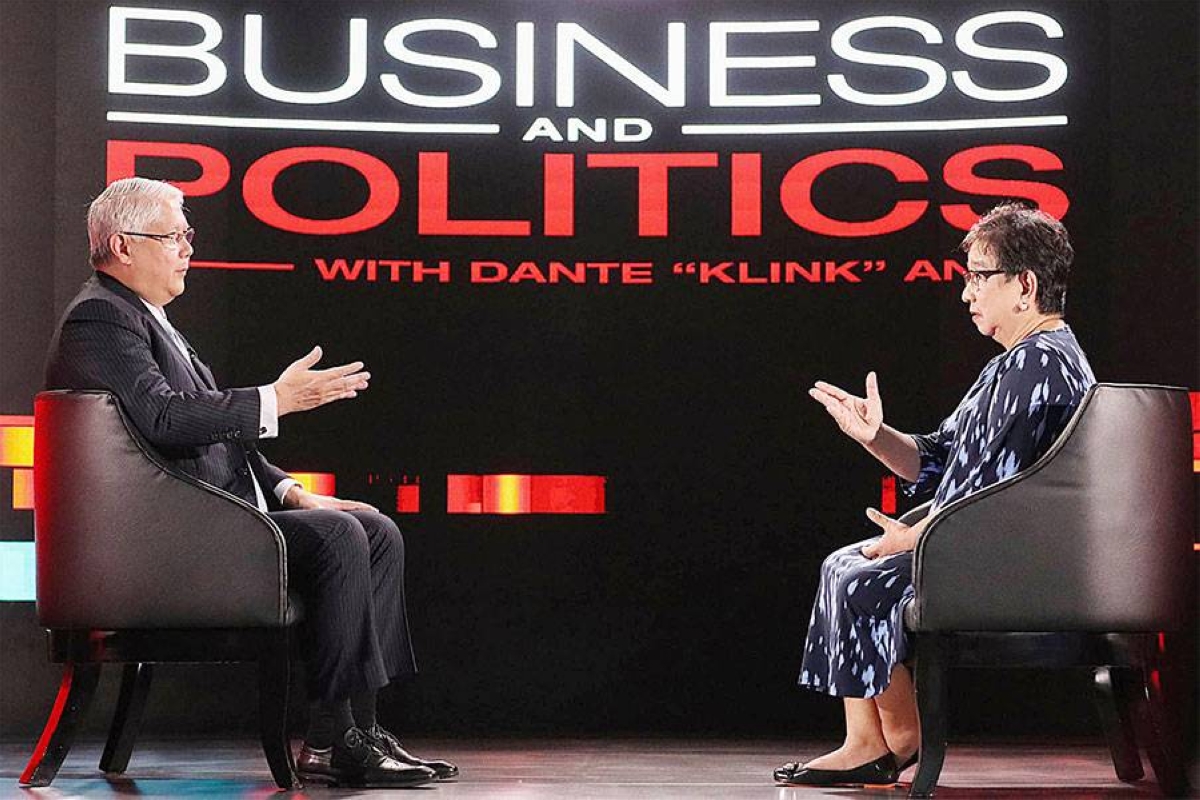
THE Philippines is an archipelagic country with a good seafaring status, but it lacks a national maritime agenda, Brenda Pimentel, former regional coordinator of the International Maritime Organization (IMO) in East Asia, said.
She urged President Ferdinand “Bongbong” Marcos Jr. to create a maritime agenda that will align industry objectives and support his administration’s plan to develop infrastructure.
“If we have a national maritime agenda, all the agencies will have to align with these objectives. They will not just develop their own policy independent of others. Everything will then fall into place,” Pimentel said in an interview on Saturday with SMNI News Channel’s “Business and Politics” program host Dante “Klink” Ang 2nd, the chairman and CEO of The Manila Times.
She added that former president Ferdinand E. Marcos Sr. issued a national maritime policy through Presidential Decree (PD) 474 on June 1, 1974. It reorganized the maritime functions in the country by creating the Maritime Industry Authority (Marina). The Marina linked various islands through sea transport and enhanced the competitive position of Philippine flag vessels in foreign trade.
“The convenors of the Movement for Maritime Philippines are pushing for a national maritime agenda. I hope the President realizes that PD 474, issued by his father, already talked of a national maritime policy. I hope we can look back to that,” Pimentel said.
Former president Rodrigo Duterte promoted the country’s maritime agenda through the issuance of Proclamation 316 declaring September as Maritime and Archipelagic Nation Awareness Month. The proclamation helped boost maritime awareness among the public and the government.
When he was campaigning for president, Marcos Jr. talked of modernizing the country’s port system and developing the Philippines as a shipping and logistics center by liberalizing foreign ownership of public utilities and bringing investments.
“There should be a paradigm shift. Planning should not be limited only to shipyards and ports. We can only do that if we have a national maritime agenda,” she said.
Pimentel said that a coherent maritime agenda can further protect the interests of poor maritime communities, such as the fishermen.
“Their livelihood is threatened by ballast water coming from international vessels that are calling in Philippine ports,” she observed.
Ballast water is made up of fresh or salt water pumped into a ship’s ballast tanks to provide stability during the voyage. It is often taken from the coastal waters of one region and discharged at the next port of call.
“There is a possibility that our fish are eaten by the invasive species brought here by the ballast water of ships,” she said.
